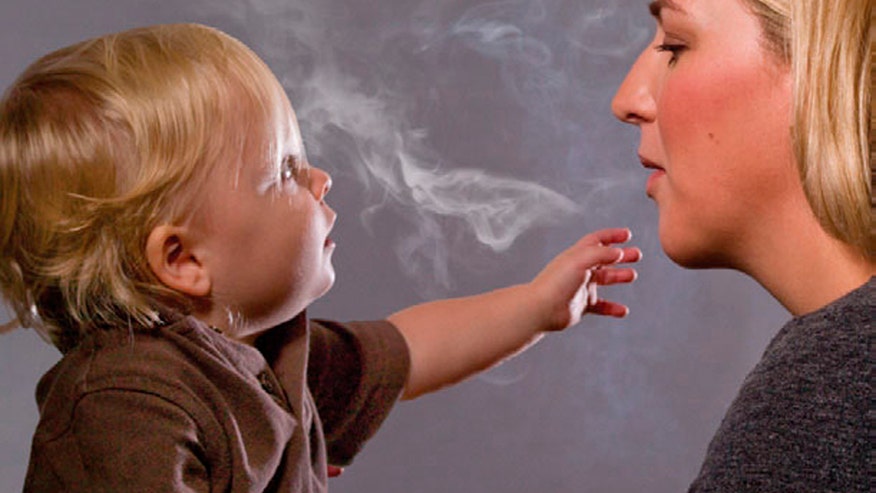Your baby’s skin is much more sensitive to the sun than yours. It doesn’t have the same amount of melanin, and it is much thinner. According to the March of Dimes, babies can get a sunburn within 15 minutes. This doesn’t mean that you shouldn’t ever take your baby outside, but it does mean you need to take some precautions to help keep your baby safe.
Read More
The FDA has approved the use of OxyContin in children ages 11 to 16 with severe pain, the agency says on its web site.
The child’s pain must be severe enough to require around-the-clock, long-term treatment and not managed well by other treatments. OxyContin is the brand name for a time-release formula of oxycodone, a narcotic painkiller.
Read More
 From preventing allergies to combating obesity, countless studies have touted the health benefits of breastfeeding. Now new research published by JAMA Pediatrics suggests a lower risk of childhood leukemia can be added to the list.
From preventing allergies to combating obesity, countless studies have touted the health benefits of breastfeeding. Now new research published by JAMA Pediatrics suggests a lower risk of childhood leukemia can be added to the list.
 Experts agree that breastfeeding is healthy for both infants and mothers. But the number of breastfeeding mothers has declined over the past few years as many of them give up on breastfeeding in the first few months of giving birth. New mothers in the Kingdom increasingly rely on formula milk, which in fact does not have the same nutrients a mother’s milk has. Breastfeeding is better for new-born babies in terms of growth as well as emotional and psychological aspects, Al-Riyadh daily reports.
Experts agree that breastfeeding is healthy for both infants and mothers. But the number of breastfeeding mothers has declined over the past few years as many of them give up on breastfeeding in the first few months of giving birth. New mothers in the Kingdom increasingly rely on formula milk, which in fact does not have the same nutrients a mother’s milk has. Breastfeeding is better for new-born babies in terms of growth as well as emotional and psychological aspects, Al-Riyadh daily reports.
 Being bullied during childhood may have even graver consequences for mental health in adulthood than being neglected or sexually abused, according to the first-ever study to tease out the effects of peer abuse from childhood maltreatment.
Being bullied during childhood may have even graver consequences for mental health in adulthood than being neglected or sexually abused, according to the first-ever study to tease out the effects of peer abuse from childhood maltreatment.
But some question accuracy of estimate
Read More
 Children exposed to tobacco smoke at home are up to three times more likely to have attention deficit hyperactive disorder (ADHD) as unexposed kids, according to a new study from Spain.
Children exposed to tobacco smoke at home are up to three times more likely to have attention deficit hyperactive disorder (ADHD) as unexposed kids, according to a new study from Spain.
 If you keep telling your children that they are special, you may end up with kids that go around acting like they're better than everybody else, according to a new study.
If you keep telling your children that they are special, you may end up with kids that go around acting like they're better than everybody else, according to a new study.
In what researchers say is the first study to look into how narcissism develops over time, children between the ages of 7 and 12 were interviewed over an 18-month period and the results showed that kids described by their parents as more special than others were more likely to show signs of narcissism later on, Ohio State University says in a press release.
Read MoreVirus hid deep within 'memory cells' of immune system, where it couldn't be detected
Read More
Severe complications might damage cornea, retina or optic nerve
In the midst of the current resurgence of measles across the United States, many people may still believe it's a harmless, transient disease.
But experts warn that even before the telltale skin rash appears, the infection typically shows up in the eyes. In rare cases, measles can trigger long-term vision problems and even blindness.
Read More